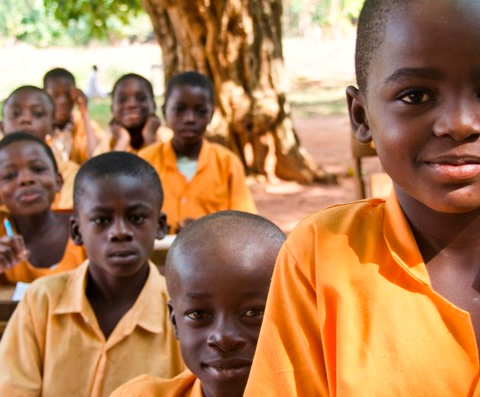Allocate more resources to strengthen basic education – IDEG
 The Institute for Democratic Governance (IDEG), a pro-democracy organization, has underscored the need for Ghana to increase its budgetary allocation for basic education.
The Institute for Democratic Governance (IDEG), a pro-democracy organization, has underscored the need for Ghana to increase its budgetary allocation for basic education.
Mr. Kofi Awity, the Director of Operations, described as woefully inadequate the resources allocated to the sector by government, which was making it difficult to address the varied challenges inhibiting quality education delivery at that level.
In 2018, the education sector was allocated GH¢9,258,839,827 of the total national budget, and according to the Ministry of Education, less than one-eighth of the amount was earmarked for basic education.
Mr. Awity who was addressing a day’s seminar in Kumasi on the ‘Democratic Governance in West Africa Programme on Inequality, disclosed that studies had shown that a significant number of children from age four to 15 – approximately 1.3 million basic school children were currently still not in school.
“The gaps at the basic level must be adequately addressed in order to build stronger foundation for Ghanaian children,” he noted.
The seminar was organized by IDEG with support from SEND Ghana and OXFAM International, Non-Governmental Organizations (NGOs), targeting civil society organizations (CSOs), traditional authorities and the media.
It was aimed at analyzing and discussing the 2018 budget statement, with particular reference to the health, education and social protection, and the extent at which it addresses inequality.
Additionally, it was to build the capacity of the participants on advocacy in order to empower them to advance the cause of the three sectors mentioned to bring sustainable development to the people.
Mr. Awity indicated that the event formed part of activities under the Democratic Governance in West Africa Programme, which demanded accountability and transparency in the nation’s development processes.
Ms. Eileen Goody Gans-Lartey, Project Officer of IDEG, noted that similar programmes had already been held in Accra and Tamale to engage stakeholders on the need for them to play more advocacy role to improve living conditions of the poor.
Source: GNA
